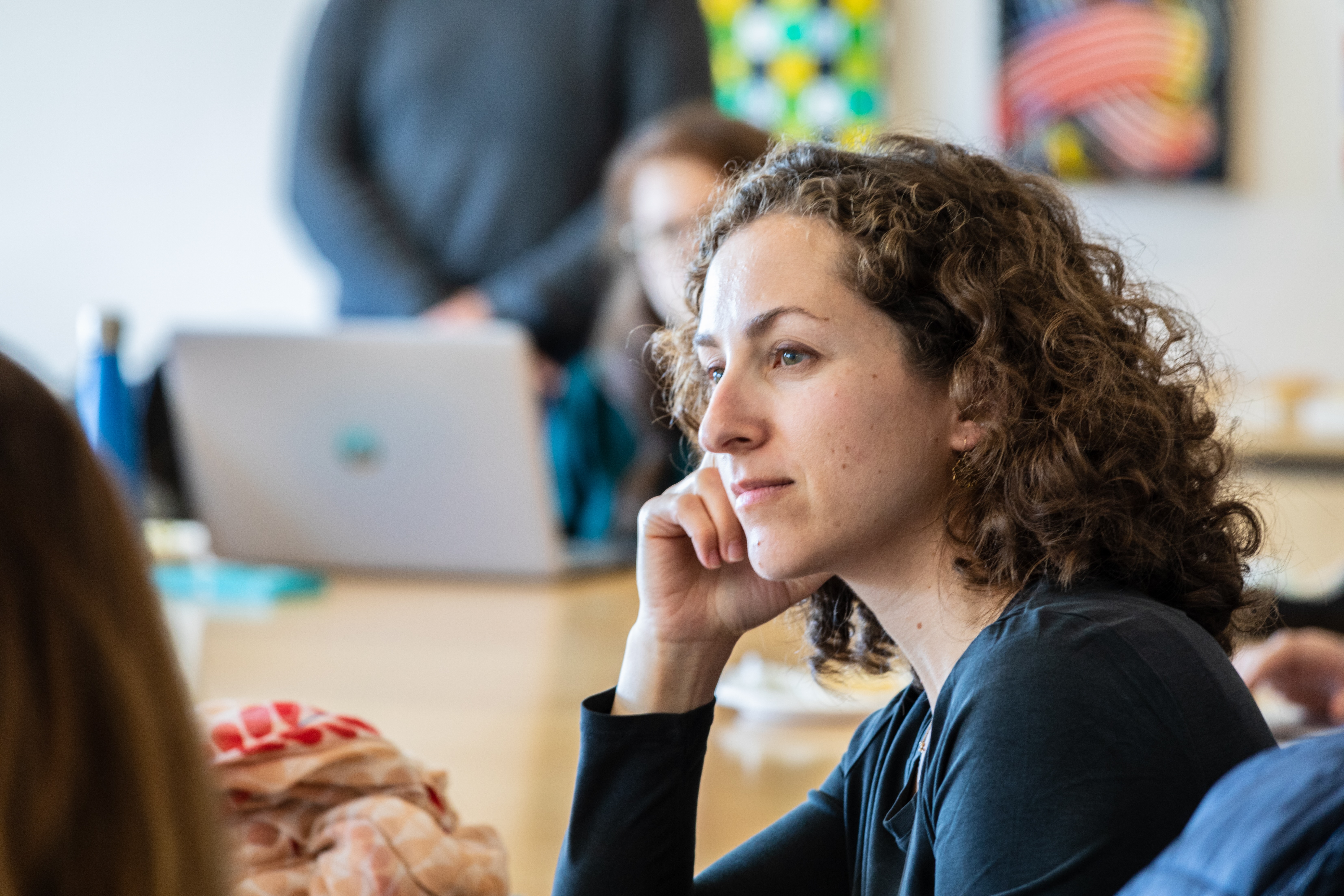From preventing suicide to fostering a sense of belonging, Public Health faculty’s research advances mental health
At UC Merced, the Public Health Department faculty is committed to supporting the mental health and emotional well-being in the San Joaquin Valley and beyond. Their work often involves close collaboration with the communities they serve, addressing pressing mental health challenges like suicide risk during pregnancy, the stress brought on by immigration issues, and the growing need for college students to feel a sense of belonging.
Here’s a look at some of the important research and initiatives UC Merced faculty are leading:
- Distress Linked to Immigration Policy: How do local immigration policies affect the mental health of Latinos in rural counties in California and Arizona? Professor Maria-Elena De Trinidad Young is surveying U.S.- and foreign-born Latinos to identify if they experienced depression, anxiety or alcohol abuse and if these behavioral health challenges are linked to immigration-related experiences, such as having been denied medical interpretation or knowing someone who was deported.
- Suicide Risks in Pregnant and Post-Partum Women: A seminal study on the factors involved in suicide attempts in California is being led by Professor Sidra Goldman-Mellor. The project aims to provide the first population-based study that determines factors that can identify women at high risk of suicide or death during or after a pregnancy due to drug use, self-harm, or violence.
- Assessing Calls for Help after Maui Fire: The deadly, fast-moving blaze on the Hawaiian island in 2023 led to an increase in calls to a suicide crisis lifeline and a decrease in call center capacity, according to an analysis of call data led by Professor Alexandra “Ali” Rivera-González.
- Organizing Citizen Panels: A team led by Professor Irene Yen is working with UC Irvine to capture local knowledge through panels on health issues. Promotoras – Latino community members trained to provide health education – told the team mental health was a top concern. A citizen panel co-hosted with the non-profit Cultiva Central Valley met in August 2024 to discuss how to increase mental health services in the region.
- Unmet Needs for Asian American and Pacific Islander Communities: Data collected by a team led by Professor Nancy Burke emphasized a strong need for multilingual and bicultural staff to provide health services for Asian American, Native Hawaiian and Pacific Islander communities. Shortages included formal clinical mental health services and programs that can build clients’ sense of safety and belonging. In addition, Burke’s team led a mental health strategy summit last summer for Hmong, Punjabi and Latino residents.
- Building Capacity Among Community Health Workers (CHWs): Burke’s team conducted monthly workshops in Spanish for CHWs and promotoras on mental health and well-being. Other outreach was held for CHWs who spoke Hmong and Punjabi. Related community-based organizations then hosted community events that incorporated the strategies and tools received at the workshops.
- Students’ Sense of Belonging in the Valley: The link between feeling connected and fostering self-confidence, social acceptance, and academic achievement among college students is well-documented, but Professor Lindsay Crawford’s current project delves into the unique factors that affect San Joaquin Valley students. The research will result in actionable recommendations to enhance a feeling of belonging, improve retention rates, and improve mental and social health at universities across the region.





